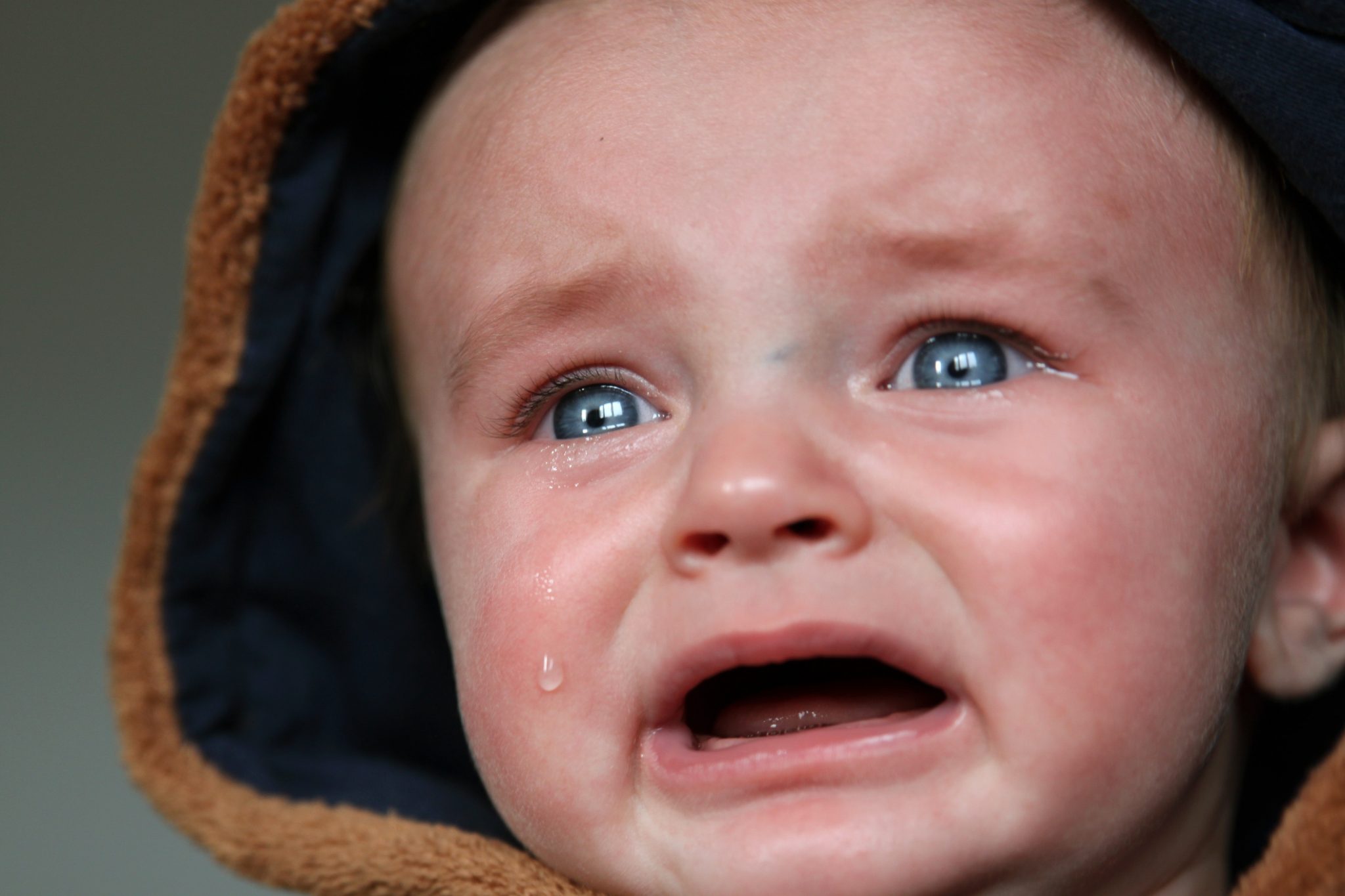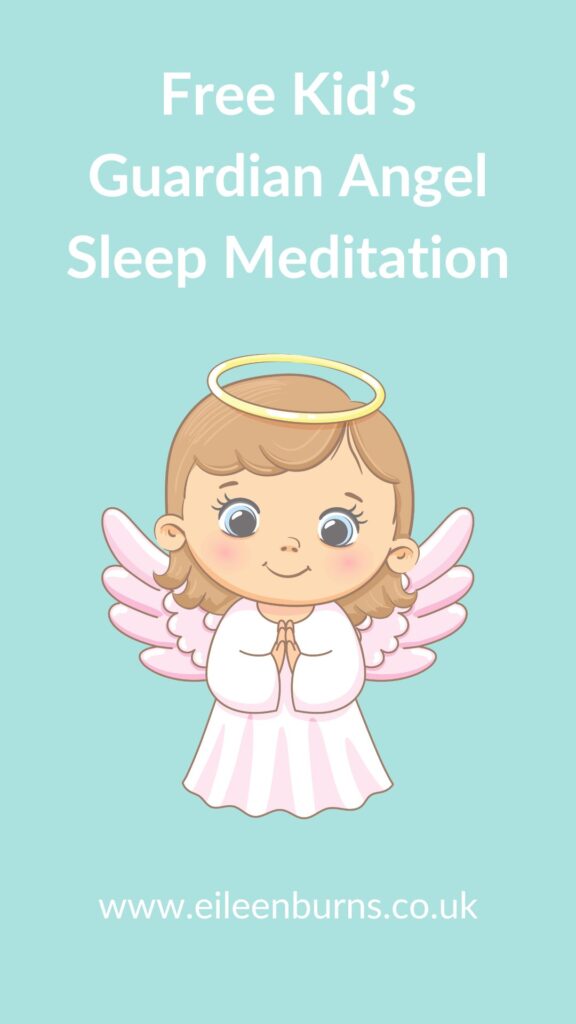NOISE Sensitivity – Why Noise Can Be A Child’s Biggest Stressor
Why Noise Sensitivity Could Be One Of Your Child’s Biggest Cause Of Stress, Anxiety And Depression
So What Is Noise Sensitivity?
Noise sensitivity is reduced tolerance to sound. It is exacberated by fatigue, infection, medications, medical conditions, stress and other stimuli. It causes different changes to brain function . In-fact it is shown that some noise sensitivity shows an increase in grey matter volume
There are different kinds of noise sensitivity.
Hyperascius is an intolerance or even pain to different types of sound, it often occurs with tinnitus. It is extremely common in children, though many children out grow it.
Hypersensitive hearing of specific frequencies is seen in many children with autism. Some frequencies such as those above 70 decibels can be unbearable.
Misophonia is a strong reaction to specific sounds, the individual is triggered by specific sounds. There is often a strong emotional correlation to the specific sounds.Misophonia is viewed as a neurological condition it can be a symptom seen in adhd, aspergers, autism
Phonophobia (also called ligyrophobia or sonophobia) is viewed as a sub-category of misophonia. It is an emotional or anxiety disorder which is triggered by a fear of particularly loud sounds. And is often triggered by the discomfort and environmental conditioning of living with hyperacusius
Recruitment is linked to sensorineural hearing loss, the individual often has extreme hearing loss. But when someone for example shouts they suddenly hear and it can be very uncomfortable.
Noise sensitivity is often a feature of sensory processing disorders
Confusion around noise sensitivity issues
Many assume noise sensitivity is a psychological condition but it is main causes are a neurological reaction.
Some children do get less sound sensitive, some adults or those with specific medical conditions like untreated chronic lymes can develop increased sound sensitivity.
Some children with autism are oversensitive others are undersensitive.
Causes of noise sensitivity
According to the Brain Injury Society those with noise sensitivity “may have a history of Lyme’s disease, Meniere’s disease, TMJ, serious head injury, frequent migraines, Bell’s Palsy, facial nerve dysfunction, excessive ear irrigation or surgery. Hyperacusis can later develop as a result of damage sustained to the hearing apparatus, or inner ear, or the condition may be acquired as a result of damage to the brain or the neurological system during a head trauma event.”
I have lived with noise sensitivity for at least 28 years. But over the last few years the hyperacusis became very extreme and was accompanied by serious light and sound vibration. It got worse after surviving sepsis and approx 30 years diagnosis of m.e. But I have to say according to a test in germany it may be chronic lymes ( I had strange bites at 14 years old) and I was mercury poisoned.
As somone who has taught stress management to parents and kids for 18 years. I have worked with many children who have hyper sound sensitivity issues. But until recently And I had no ideal how disabling, painful, uncomfortable and exhausting hyperascisus could be.
Many people say it can be torterous and I understand why they decribe it this way. I had to move from my previous home because of how the noise started to affect me. It was changed into a main through road for local traffic. And most people could never imagine how dramatically this impacted my daily life and health. On many occasions I nearly passed out, lost my balance and had violent non-epileptic type seizures all times triggered by noise. Now yes mine would appear to be caused by long-term bacterial and viral infection.
But I would urge you to try and comprehend how uncomfortable or painful noise may be for your child. Particularly if you have a very young child or a child who struggles to communicate what they are experiencing.
I am a stress management expert, with highly extensive and advanced techniques and tools to help me remain calm and relaxed in any situation. And although thank goodness I am lucky to have these tools this does not take away how much this disorder can impact your child’s mental, emotional and physical wellbeing.
So How Can You Support your Sound Sensitive Child?
1.Understand your child’s type of sound sensitivity, their triggers and symptoms.
2. Educate your child’s school and teachers on your child’s specific noise sensitivity challenges, the level of sensitivity and key triggers.
3. Prior warning of alarming and noisey sounds can prepare your child’s central nervous system. So work together with teachers, family and friends to work out cues that prepare your child for noise isssues like alarms.
4. Plan and prepare ahead- when you can choose specific times of day, places and areas of a room where your child will be less exposed to too much or particular noises. I know of a situation where a child’s mental wellbeing became seriously distressed and depressed due to the noise of the internet router next to her in her classroom.
5. Minimise the impact when you can: although it may not be a good ideal to completely eliminate your child from all noises. Noises that are extremely uncomfortable, painful or disabling can be reduced by ear muffs, ear plugs and sound cancellation ear phones.
6. Teach your child how to set healthy boundaries– an important part of growing a strong resilient child is teaching them healthy boundaries. A noise sensitive child has usually a very sensitive central nervous system. Noise is one of modern day living’s biggest stressor. So to keep your child physically, mentally and emotionally healthy. It is vital your child can learn how to say NO to noises, games and situations that are di-stressing.
7. White Noise – Some children who are noise sensitive find white noise or fans can soften out the sharp shock of other loud noises.
8. Take Breaks & Rest – regular rest breaks from noisey environments, too many people, parties or events helps keep a child’s nervous system in check.
9. Calm And Patience: It is important that the child and parent learn hows to be calm and patient around sound sensitivity issues. Meditation is an extremely powerful tool that can help the individual cope more resiliently with the challenges. Anything that will calm the central nervous system and help reduce the stress response will help the sound sensitive child.
10. Holistic aids; Deficiencies are sometimes viewed as an issue in sound sensitivity. Many people reduce their sensitivity with supplements of magnesium. Magnesium helps inhibit glutamate which can be a major cause of tinnitus. Magnesium also protects the ears from damage to noise sensitivity. Artificial sweeteners such as aspartame often in many children’s foods, sweets, yoghurts and drinks are reputed to be neurotoxic. So elimination may be helpful.
Wandering Wednesday Link up party















Notice: Undefined variable: post in /home/stress16/public_html/eileenburns.co.uk/wp-content/themes/Divi/comments.php on line 58
Notice: Trying to get property 'comment_status' of non-object in /home/stress16/public_html/eileenburns.co.uk/wp-content/themes/Divi/comments.php on line 58